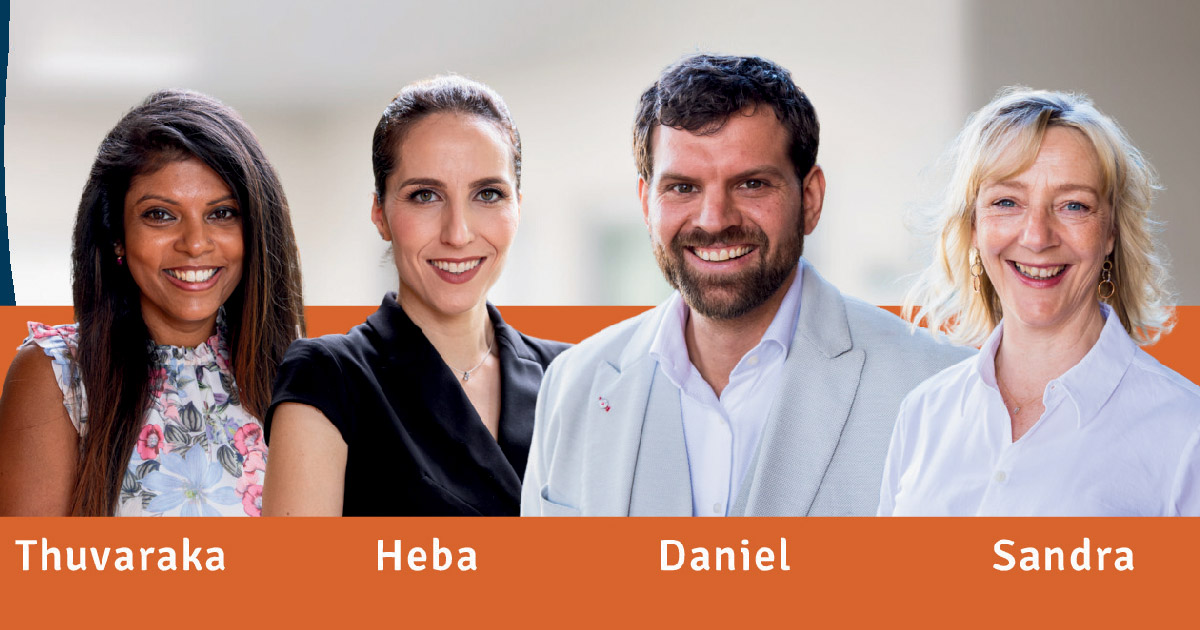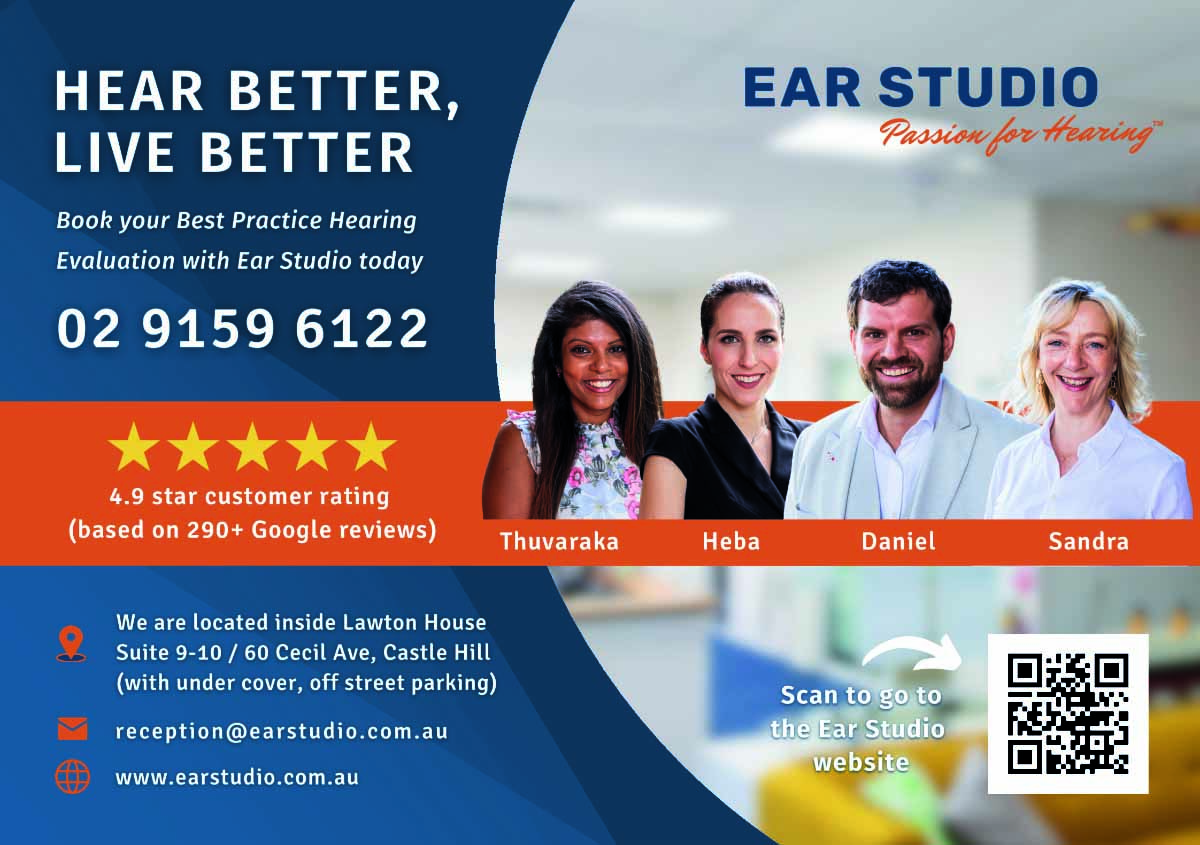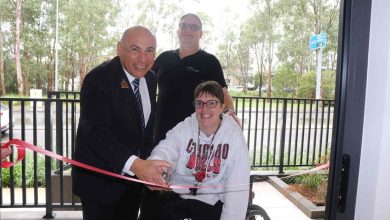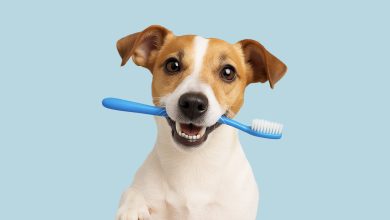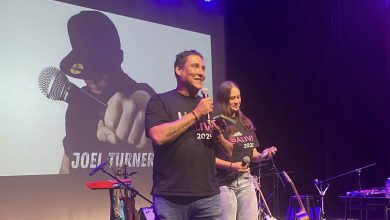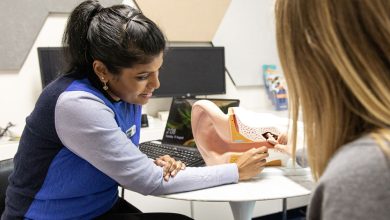Don’t Let Noise Steal Your Hearing: Prevention Starts Now!
AN ARTICLE FROM EAR STUDIO
On April 28th, we recognise World Day for Safety and Health at Work—a perfect time to talk about a serious occupational hazard: industrial deafness. Also known as noise-induced hearing loss, this condition affects workers exposed to high noise levels, especially those in industries like metalwork, construction, mining, and mechanics.
At Ear Studio, we see many cases of industrial deafness and are committed to raising awareness, promoting prevention, and supporting those affected.
What is Industrial Deafness?
Industrial deafness occurs due to prolonged exposure to loud noise, damaging the delicate structures of the inner ear. Unfortunately, once hearing is lost, it often cannot be restored. Common symptoms include:
• Difficulty hearing conversations
• Ringing in the ears (tinnitus)
• Increased sensitivity to loud sounds
How to Protect Your Hearing
Hearing loss is preventable. Here are some key steps to reduce your risk:
1. Reduce Noise Exposure: Whenever possible, limit your time in noisy environments. If workplace noise is a concern, speak to your occupational health and safety officer.
2. Use Hearing Protection: Wear high-quality earplugs, earmuffs, or both in loud settings like construction sites, concerts, and motor racing events. Custom-fit hearing protection, available at Ear Studio, offers the best defence.
3. Limit Exposure Time: Even household items like lawnmowers, drills, hair dryers, and headphones can be harmful. Be mindful of your exposure time and take regular breaks from noise.
Understanding Noise Levels
Sound is measured in decibels (dB), with higher levels indicating greater intensity. Even small increases in decibel levels significantly impact your ears. Here’s what you need to know:
• Safe levels: Normal conversation (~60 dB) is unlikely to cause harm.
• Workplace limits: Prolonged exposure to 85 dB (e.g., a busy café, a food blender or a professional hair dryer) is considered safe within an 8-hour shift.
• Danger zone: Sounds above 140 dB (e.g., jet engines, explosions, jackhammers) can cause immediate, permanent hearing loss.
• Doubling effect: Every 3 dB increase doubles the sound intensity, meaning damage can occur in half the time.
Best Practice in Hearing Care
At Ear Studio, we follow Best Practice audiological principles to ensure every client receives the highest standard of care with our team of expert clinicians. This means:
• Comprehensive hearing assessments utilising state-of-the-art diagnostic tools to assess hearing function, identify changes, and provide a complete picture of auditory health.
• Tailored hearing protection solutions that suit individual lifestyles and workplace needs, ensuring optimal comfort and effectiveness.
• Evidence-based treatment plans that provide the best possible hearing outcomes, including advanced hearing aid technology when needed.
• Ongoing support and education to help clients manage their hearing health for the long term, ensuring they make informed decisions about their care, guided by Ear Studio’s highly skilled clinicians.
What to Do If You Suspect Hearing Loss If you’re experiencing symptoms of industrial deafness, seek help as soon as possible. Early intervention is key to maintaining your hearing health.
At Ear Studio, we offer comprehensive hearing assessments and expert guidance on protecting and improving your hearing. Our commitment to excellence ensures you receive the very best care.
Take Action Today
On this World Day for Safety and Health at Work, let’s prioritise hearing protection. If you have concerns about your hearing or need custom protection, contact our friendly team at Ear Studio on 02 9159 6122 or visit www.earstudio.com.au to book online.
Your hearing health matters—let’s protect it together!

